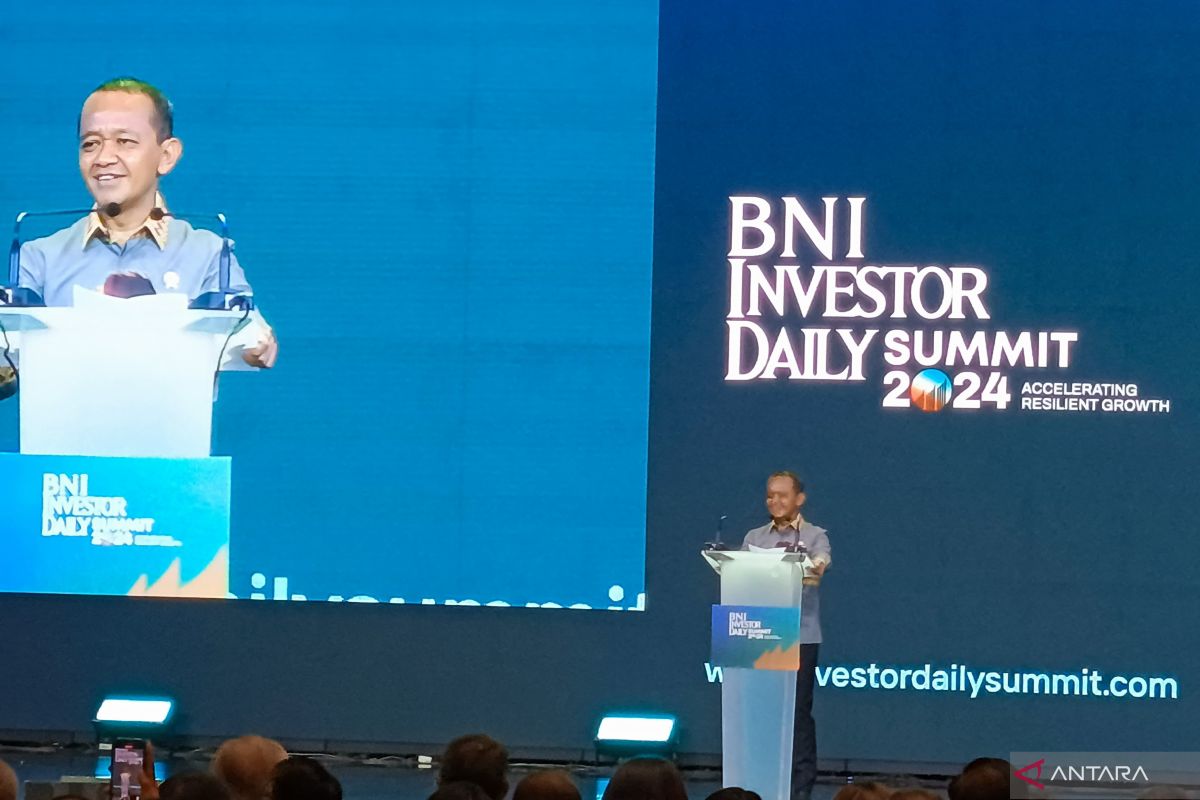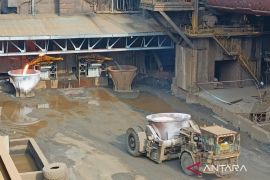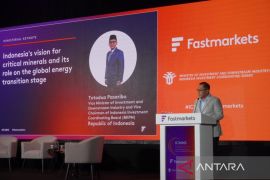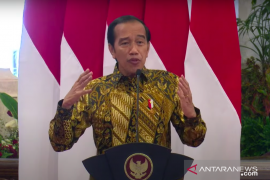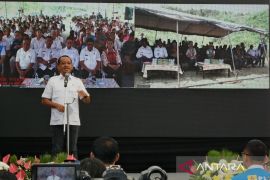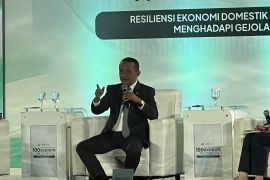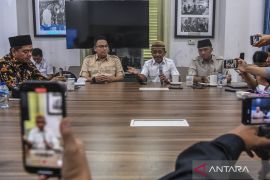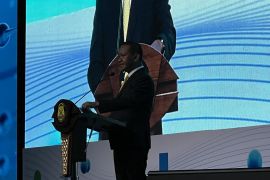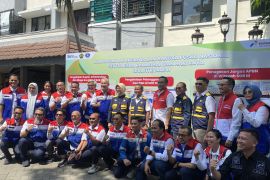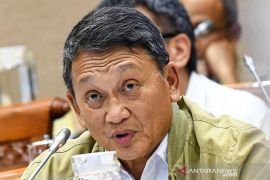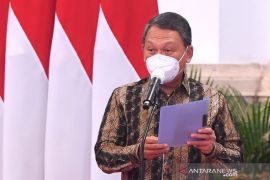According to Lahadalia, the ban was put in place because nickel ore is included in the category of critical minerals needed as the main raw materials for the energy transition.
Indonesia holds a major share of global nickel reserves at 42.1 percent, he noted.
"Nickel is included in the critical mineral category and it is part of the raw materials for moving toward green energy, including for electric cars," he informed at the 2024 BNI Investor Daily Summit on Wednesday.
Nickel is a primary component of electric vehicle (EV) batteries, which comprise 80 percent nickel, 15 percent cobalt, and 5 percent aluminum, he said.
Therefore, Indonesia is the only country with the capability to build an integrated electric vehicle battery ecosystem from upstream to downstream, Lahadalia pointed out.
Related news: EU recognizes Indonesia's rights to ban nickel ore exports: Minister
"Indonesia is able to build an integrated global EV battery ecosystem from upstream to downstream, from mining, smelters, exports, precursors, cathodes, battery cells, to cars to recycling," he said.
He then shared one of the objections to the ban received by Indonesia, namely the dispute at the World Trade Organization (WTO), and the reasoning he often heard as Minister of Investment for reopening nickel ore exports.
According to Lahadalia, the nickel ore export ban has brought great benefits to improve the national economy.
He informed that the export value of nickel ore was recorded at US$2.9 billion in 2014 and increased to US$34.4 billion in 2023 from exports of nickel derivative products.
Therefore, his party is targeting nickel derivative exports of US$40 billion this year.
"We have set the target for 2024. For commodities derived from nickel downstreaming, we have become the largest in the global market," he added.
Related news: Geological Agency finds 100 potential nickel reserves
Translator: Ahmad Muzdaffar F, Resinta Sulistiyandari
Editor: Yuni Arisandy Sinaga
Copyright © ANTARA 2024
